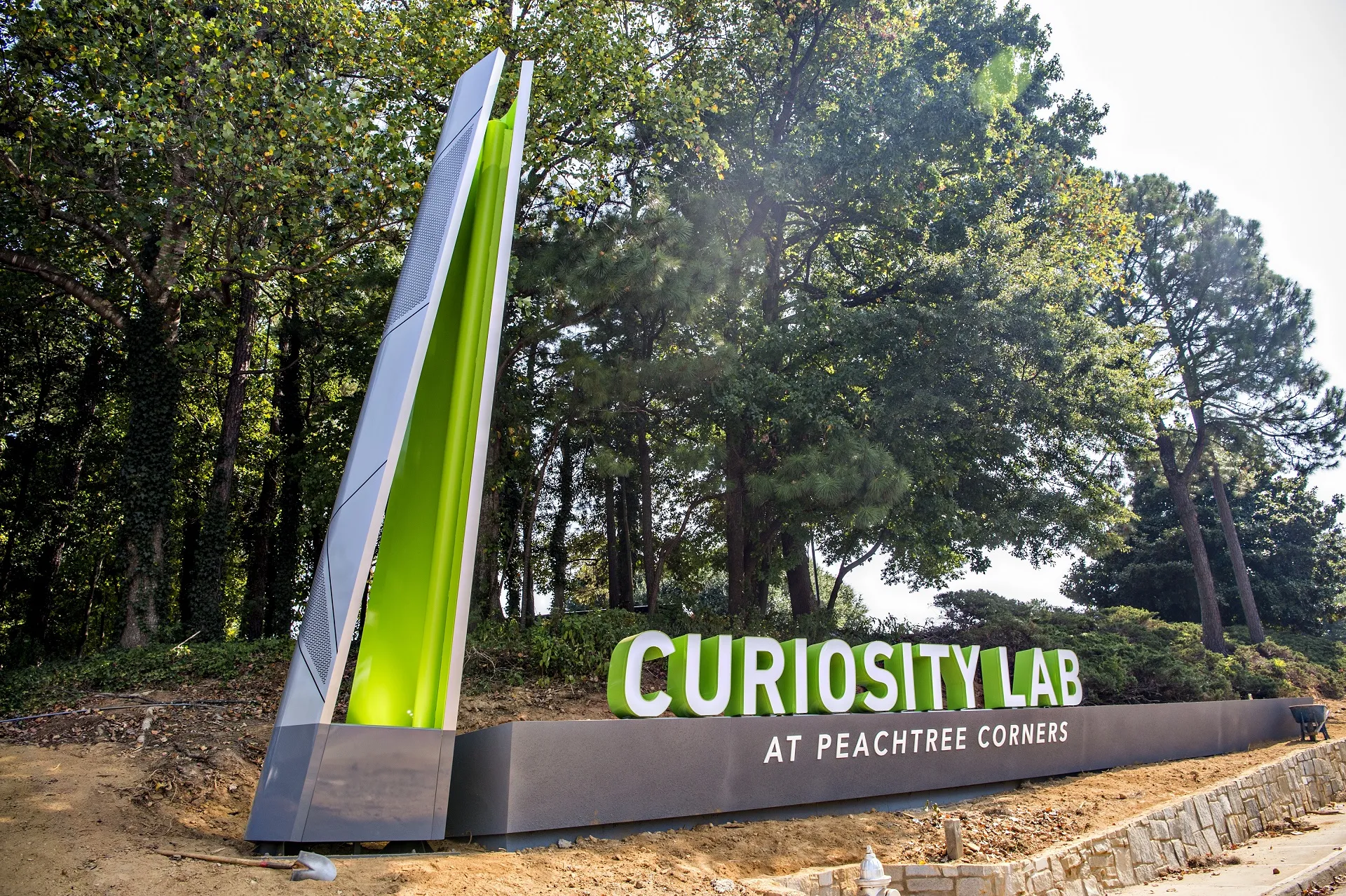At the 2012 World Congress, ITS Australia and ITS Canada have signed a Memorandum of Understanding to foster the development and deployment of ITS technologies in both countries. The two nations share many common elements impacting the deployment of intelligent transportation technologies, including large land masses with relatively sparse populations, long inter-urban corridors, and a heavy economic dependence on international trade, much of it resource based.
October 23, 2012
Read time: 2 mins
At the 2012 World Congress, 858 ITS Australia and 74 ITS Canada have signed a Memorandum of Understanding to foster the development and deployment of ITS technologies in both countries.
The two nations share many common elements impacting the deployment of intelligent transportation technologies, including large land masses with relatively sparse populations, long inter-urban corridors, and a heavy economic dependence on international trade, much of it resource based.
The MOU will permit exchanges of ITS professionals and information, educational and professional development initiatives, and the joint marketing and promotion of events in each country. Specifically, among other initiatives, the two organisations will take advantage of a suite of courses recently developed by ITS Canada to determine their applicability and application in Australia.
Melbourne based ITS Australia has also been named the host of the 20166456 ITS World Congress, and the organisations will work jointly to enhance Canadian participation. Canada is vying for the 2017 World Congress in Canada, and the two organisations will work collaboratively to maximise the success of the bid.
ITS Australia President Brian Negus said his organisation is excited to announce the establishment of a formal MOU with ITS Canada. "Our nations face many similar challenges with congested urban areas and busy ports combined with the contrast of large remote areas and extreme climates," he said.
"We look forward to collaborating more closely regarding ITS developments specifically across the business case for ITS, advanced traveller information systems, connected vehicles, as well as national and regional ITS architecture. We will also look to opportunities to collaborate on the education and professional development of ITS professionals in both countries,” said Brian Negus.
ITS Canada Chair Scott Stewart added: “As ITS has emerged as a mainstream technology, the global issues surrounding congestion, safety, and sustainability must be addressed through international collaboration. This MOU is an excellent step forward.”
The two nations share many common elements impacting the deployment of intelligent transportation technologies, including large land masses with relatively sparse populations, long inter-urban corridors, and a heavy economic dependence on international trade, much of it resource based.
The MOU will permit exchanges of ITS professionals and information, educational and professional development initiatives, and the joint marketing and promotion of events in each country. Specifically, among other initiatives, the two organisations will take advantage of a suite of courses recently developed by ITS Canada to determine their applicability and application in Australia.
Melbourne based ITS Australia has also been named the host of the 2016
ITS Australia President Brian Negus said his organisation is excited to announce the establishment of a formal MOU with ITS Canada. "Our nations face many similar challenges with congested urban areas and busy ports combined with the contrast of large remote areas and extreme climates," he said.
"We look forward to collaborating more closely regarding ITS developments specifically across the business case for ITS, advanced traveller information systems, connected vehicles, as well as national and regional ITS architecture. We will also look to opportunities to collaborate on the education and professional development of ITS professionals in both countries,” said Brian Negus.
ITS Canada Chair Scott Stewart added: “As ITS has emerged as a mainstream technology, the global issues surrounding congestion, safety, and sustainability must be addressed through international collaboration. This MOU is an excellent step forward.”









